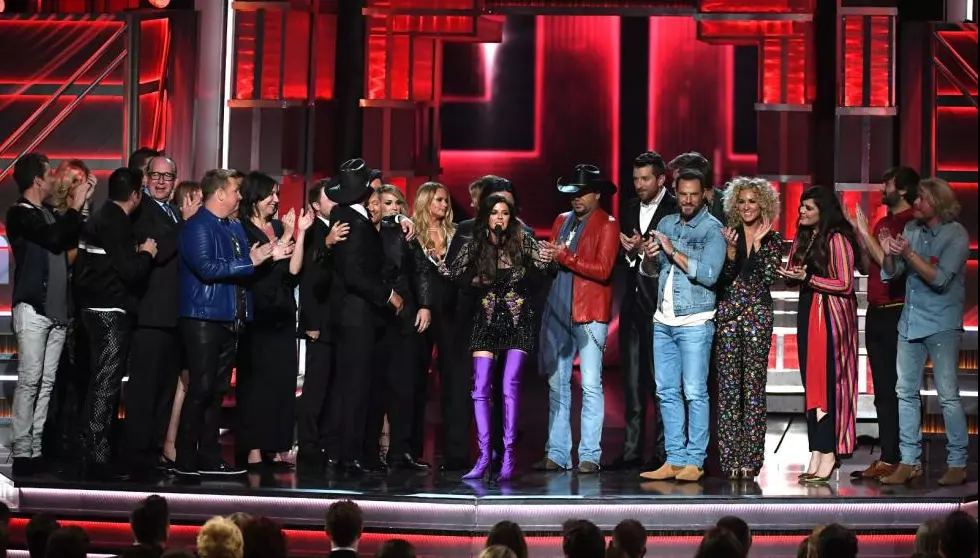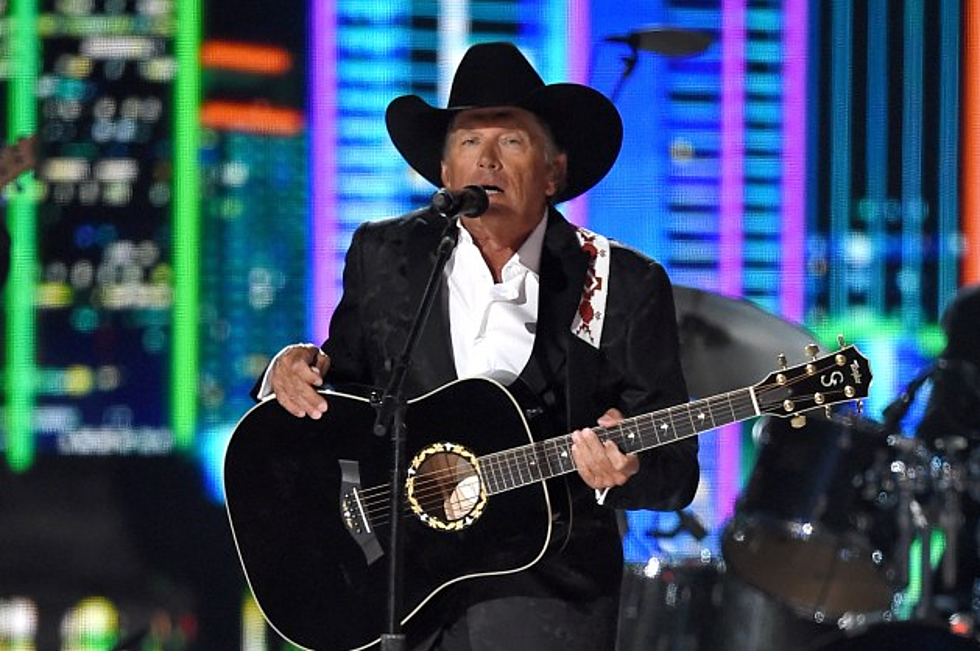
What You Need to Know About Giving Blood After Vegas Massacre
If you're like me, you want to help, but you're unsure of how.
We have seen something so incredibly devastating take place in Las Vegas. Dozens have lost their lives, hundreds are left injured after a mass shooting at a music festival. Our country aches for those affected. Many are asking how they can help. How can they make the gap between our community and Vegas feel a little smaller.
One way is to give blood.
Before I go any further can we just look at the veteran in the photo giving blood after the shooting in Vegas. Service to this country in more ways that one. Wow!
Ok, back to giving blood. It's a simple solution and to be quite honest, is something that can be done any time of the year. In fact, the Red Cross says that someone in the US needs blood every two seconds. Tragedies like this leave can supplies limited. I took a look at some tips for giving blood in time of a crisis and in general.
This information is from a report, "7 Things You Should Know About Donating Blood", from an ABC affiliate after the shooting we saw at Pulse in Orlando. I thought it was applicable to what we are seeing this week. Isn't it sad that we're talking about this again.
Here are their tips:
1. Don't Wait for a Tragedy: For blood donations to be most effective, they need to be done consistently so that they are ready before an event like this happens.
2. More Than One Way to Donate: You can give "whole blood" or parts of your blood, like platelets. These are useful for those undergoing cancer treatments.
3. Blood Type Matters: Some blood is more rare than others. Beyond that, some blood is better suited for a platelet donation rather than a full blood donation.
4. Confirm Your Eligibility: There are a lot of questions that will be asked when you sign up to donate, like where you have traveled and even how you felt that morning. This is to prevent the spread of disease.
5. What You Eat Matters: Foods that are high in fat will make it impossible for your blood to be tested for infectious diseases. This will make you ineligible. If you want to insure you won't be turned away, fill up on an iron-rich food before you donate.
6. Take It Easy: Giving blood is no walk in the park for your body. If you donate, take care of yourself throughout your donation day. Rest and drink plenty of fluids.
7. Everyone Can Help: If you can't give blood, you can certainly volunteer your time to help with blood drives or even donate money to the blood drives.
More From Kicker 102.5






![Here’s How You Can Help The Victims of Hurricane Harvey [VIDEO]](http://townsquare.media/site/152/files/2017/08/RS12325_479606764.jpg?w=980&q=75)


